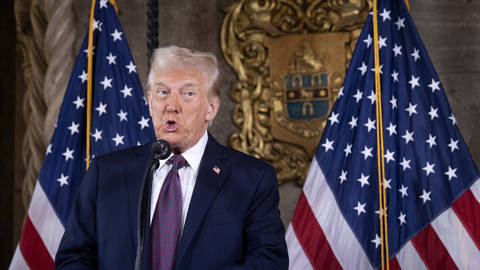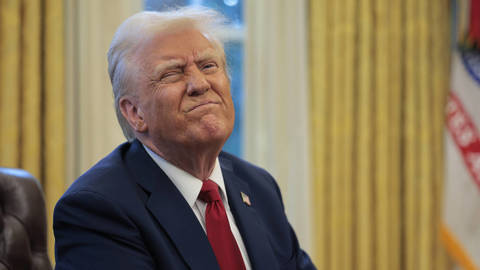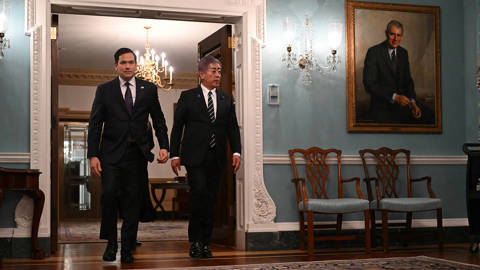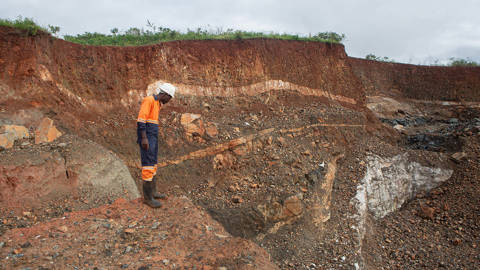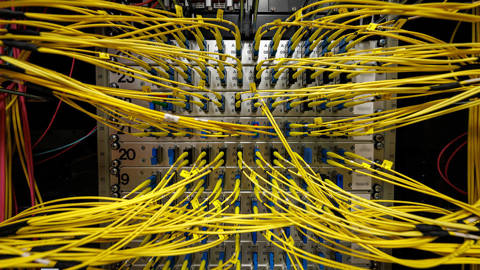Jonathan Ira Levy
Jonathan Ira Levy, a professor in the Department of History and the Committee on Social Thought at the University of Chicago, is the author of Ages of American Capitalism: A History of the United States (Random House, 2021).
-
The Evolution of Modern Political Power
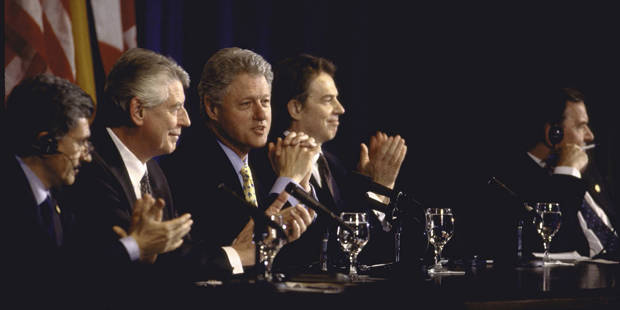
The Evolution of Modern Political Power
Oct 27, 2023 Jonathan Ira Levy traces the complicated interplay between states, global capital, and civil society over the past century.
-
The Pitfalls of Dollar Hegemony

The Pitfalls of Dollar Hegemony
Apr 14, 2023 Jonathan Ira Levy shows why no modern national economy, least of all the United States, can be understood in isolation.
-
Big Tech Gets Derailed

Big Tech Gets Derailed
Nov 24, 2022 Jonathan Ira Levy traces the origins of the sector's recent turmoil to the nineteenth-century rise of the corporation.
-
The Adventures of Money

The Adventures of Money
Jul 15, 2022 Jonathan Ira Levy reviews two recent books on the “deep past” of one of humanity’s most important institutions.
